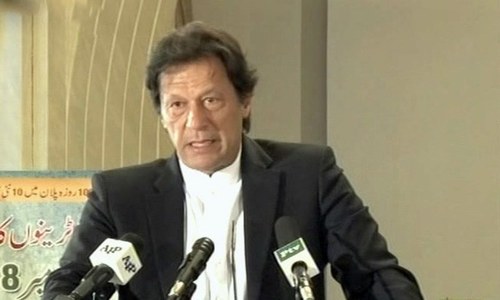India claims to shoot down satellite, join 'space superpowers'

Indian Prime Minister Narendra Modi on Wednesday said that the country had destroyed a low-orbiting satellite in a missile test, becoming the fourth country in the world to have carried out the feat.
Just weeks before India goes to the polls, Modi said Indian scientists "shot down a live satellite at a low-earth orbit".
"This is a proud moment for India," the prime minister said in his first televised national address since late 2016.
"India has registered its name in the list of space superpowers. Until now, only three countries had achieved this feat."
The satellite was in orbit at 300 kilometres when it was destroyed.
Modi claimed that the mission was peaceful and not designed to create "an atmosphere of war", adding it was "not directed against any country".
The announcement comes ahead of a national election in which Modi is seeking a second term in office.
Voting starts on April 11 and will last nearly six weeks, with close to 900 million Indians eligible to vote in the world's largest election.
'Tilting against windmills'
The Foreign Office spokesperson in response to the development and to various media queries arising from the same released a statement on Wednesday.
The spokesperson, Dr Mohammad Faisal, stated Pakistan's position on the matter, saying: "Pakistan has been a strong proponent of the prevention of arms race in outer space."
The statement asserted that space is a "common heritage of mankind" and as such responsibility falls on every nation "to avoid actions which can lead to the militarisation of this arena".
"We believe that there is a need to address gaps in the international space laws with a view to ensuring that no one threatens peaceful activities and applications of space technologies for socio-economic development," the spokesperson further stressed in the statement.
Furthermore, in his statement, the spokesperson expressed hope that "countries which have in the past strongly condemned demonstration of similar capabilities by others will be prepared to work towards developing international instruments to prevent military threats relating to outer space".
"Boasting of such capabilities is reminiscent of Don Quixote’s tilting against windmills," said Dr Faisal, referring to the protagonist of the 17th century Spanish novel by Miguel de Cervantes, who rallied against imaginary giants.














































